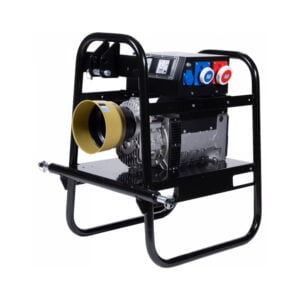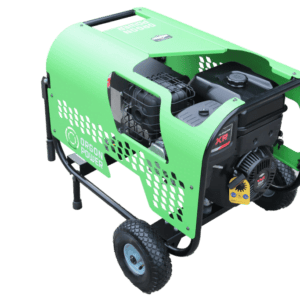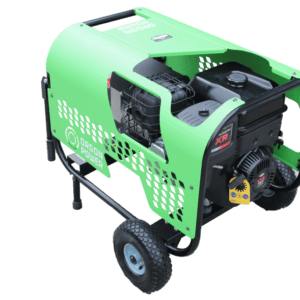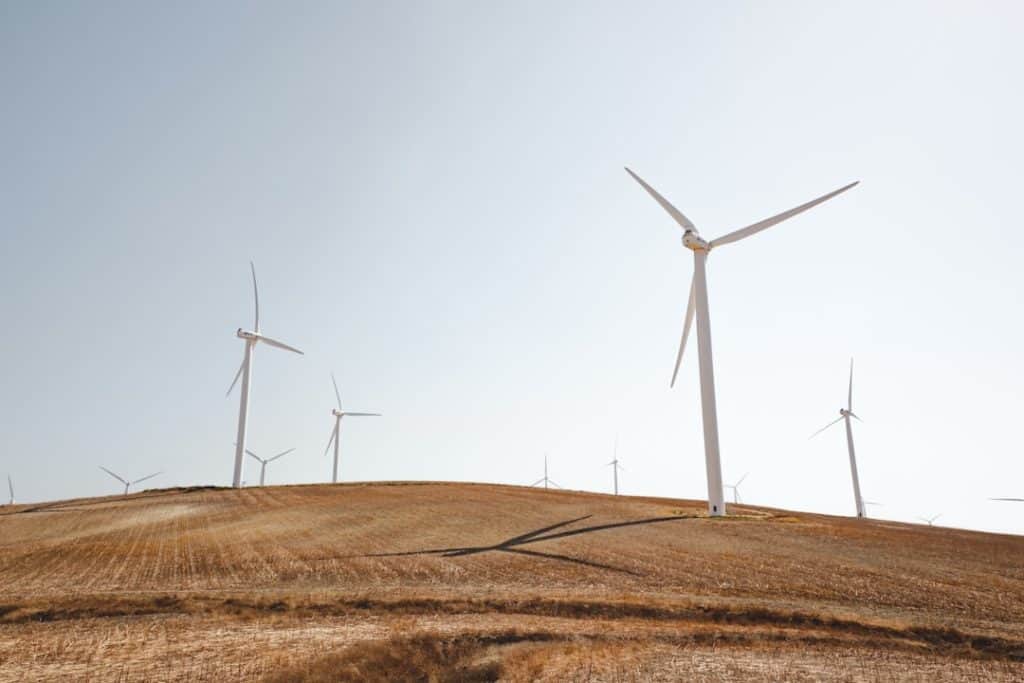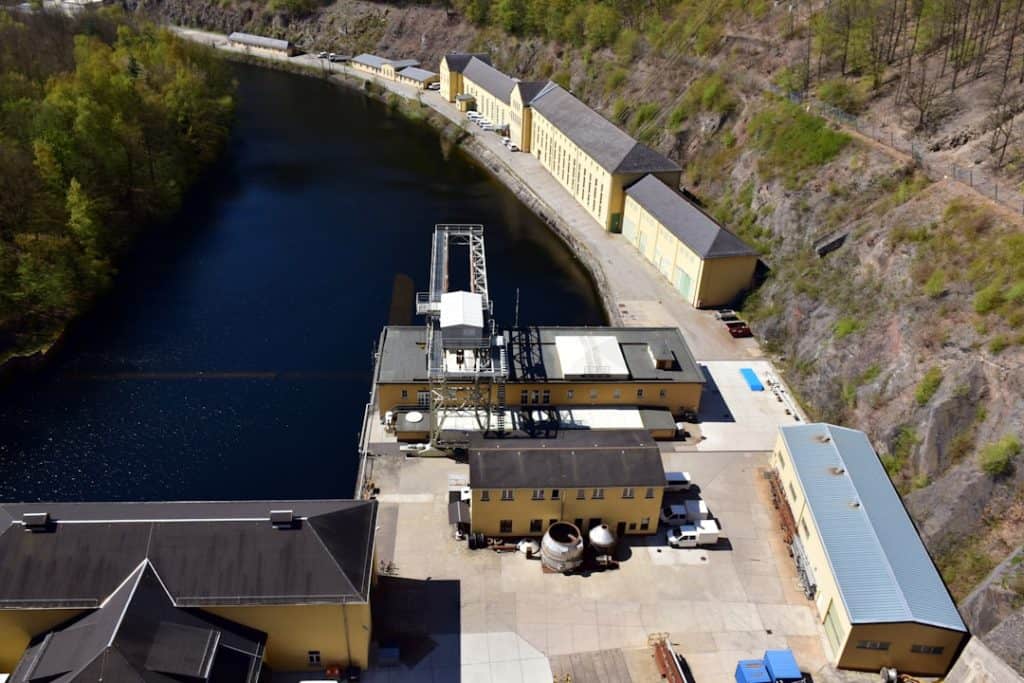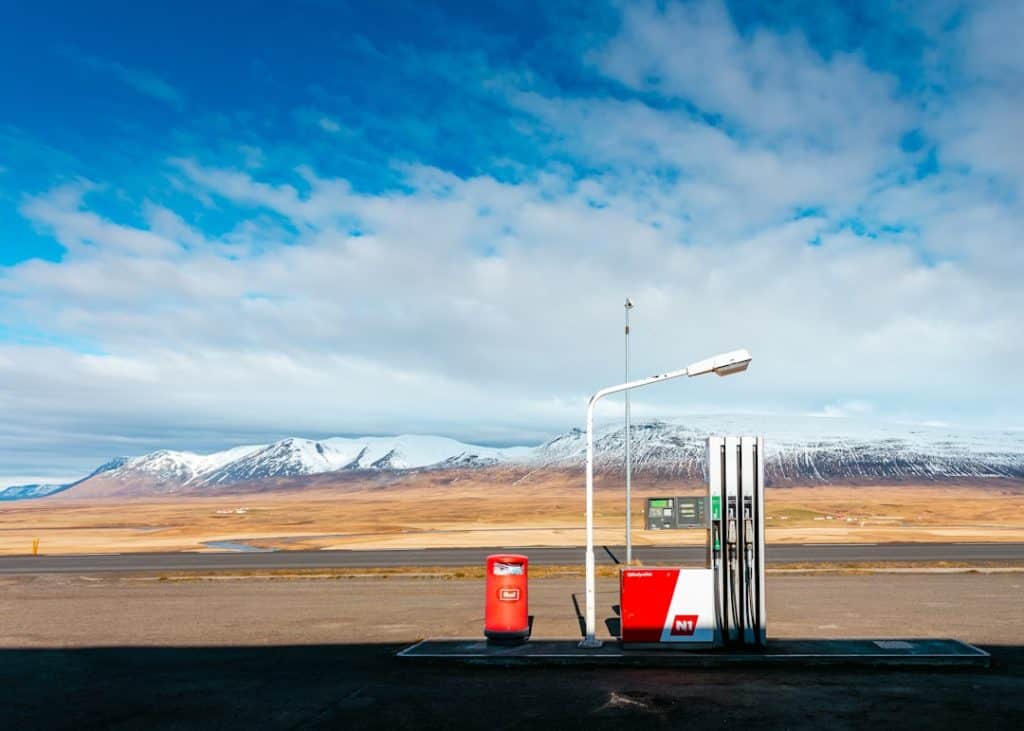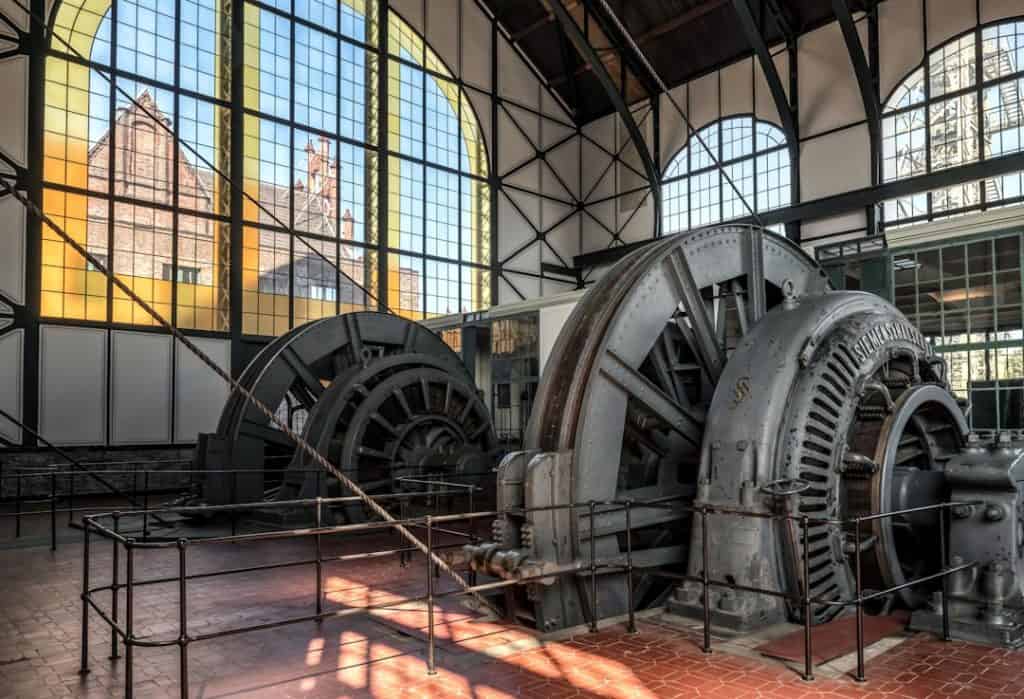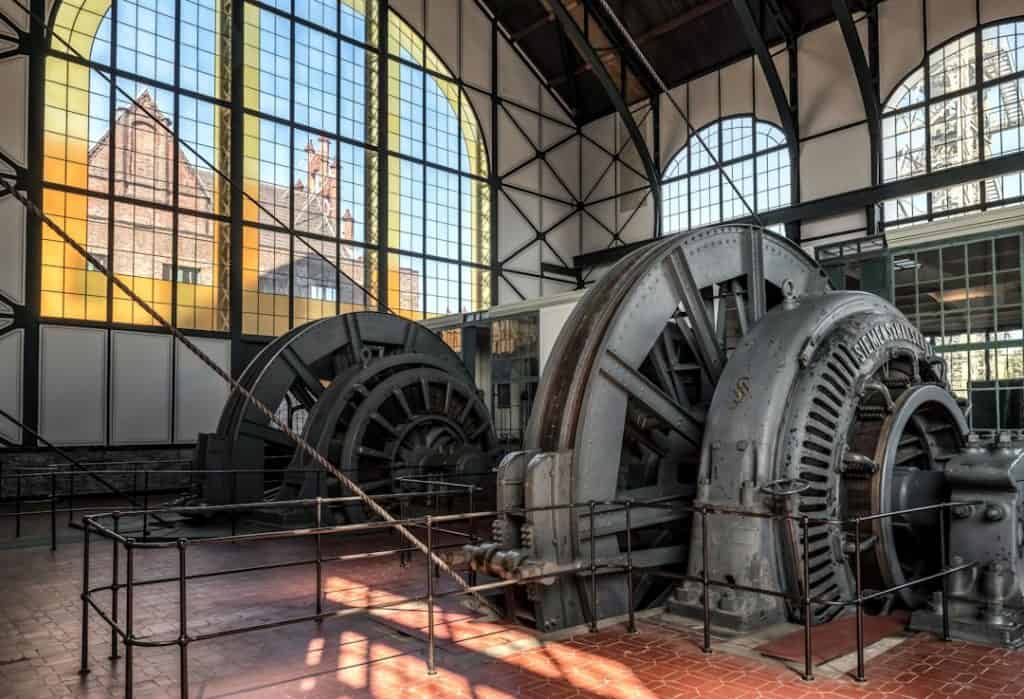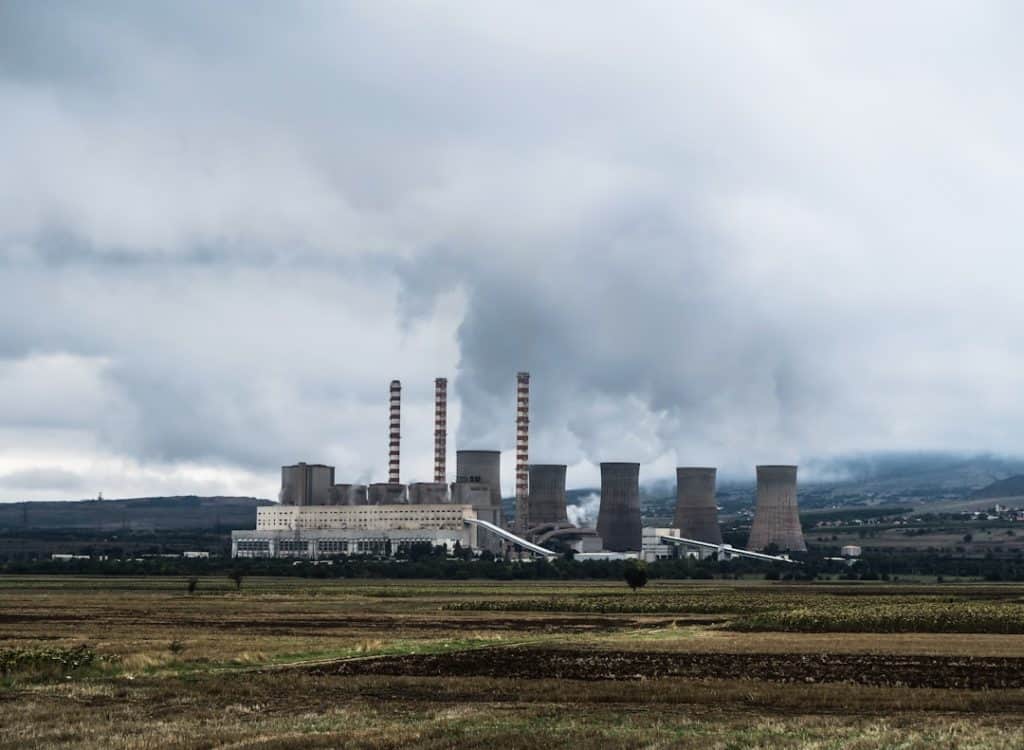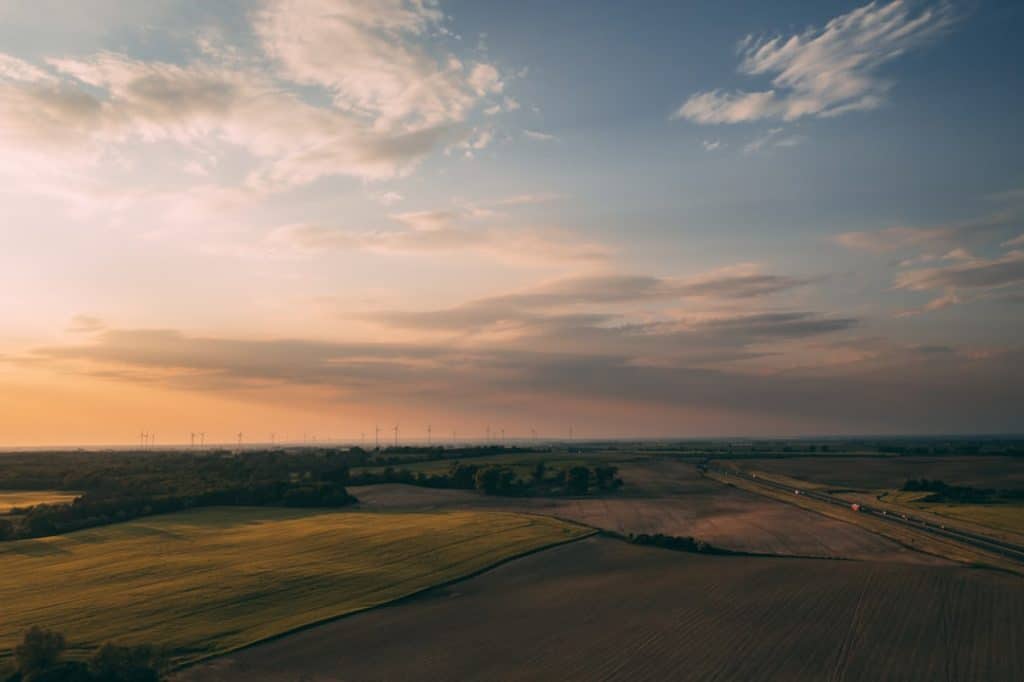Power generators are devices that produce electricity by converting mechanical energy into electricity. They consist of an engine that drives a generator. They are used in situations without access to the power grid, such as emergencies, camping or working in remote locations.
There are different types of aggregates, each with specific characteristics and purposes. These devices are crucial in emergency situations such as storms or floods, when there is an interruption in the supply of electricity. They are also useful for outdoor activities like camping.
In industry, aggregates are often used in construction, agriculture and production, where it is necessary to ensure an independent supply of electricity. They enable continuous operation of equipment and machines in the absence of standard electrical power. Power generators are multipurpose devices that provide flexibility and security in the supply of electricity in various circumstances, from emergencies to planned activities in locations without access to the electricity grid.
Key Takeaways
- Power generators are devices that produce electricity using an engine that drives a generator.
- There are different types of generators for electricity, including gasoline, diesel, inverter and solar powered.
- The characteristics of power generators include power, autonomy, noise, size and weight.
- When choosing the right generator for your needs, you should take into account energy consumption, fuel type, mobility and other specific requirements.
- The price of power generators varies depending on power, type of fuel, manufacturer and additional equipment.
Types of aggregates for electricity
There are different types of power generators, and each of them has its own specific characteristics and purposes. The first type are portable units that are compact and easy to transport. They are ideal for camping, traveling or smaller household needs.
Another type is inverter units that produce clean and stable electricity suitable for sensitive devices such as computers or televisions. These aggregates are quiet and economical, so they are often used in domestic conditions. The third type are industrial aggregates that are of higher power and are intended for professional use in construction, agriculture or industry.
They have a higher capacity and can cover higher electricity needs. In addition to these basic types, there are also hybrid aggregates that combine multiple energy sources such as solar panels, wind generators or batteries with a conventional engine to ensure a continuous supply of electricity. Also, there are aggregates with different types of fuel such as gasoline, diesel or gas, which allows greater flexibility in the choice of fuel depending on the needs and availability of resources.
In any case, it is important to choose the right type of aggregate that will meet specific needs and conditions of use.
Characteristics of power generators

Power generators have different characteristics that make them suitable for different purposes and conditions of use. One of the key characteristics is the generator's power, which is measured in kilowatts (kW) and determines how much electricity it can produce. Another important feature is the autonomy of operation, which indicates how long the generator can operate without the need for refueling.
Also, an important characteristic is the level of noise produced by the generator during operation, especially if it is used in domestic conditions where it is important to be as quiet as possible. In addition, it is important to pay attention to the quality of manufacture and reliability of the generator, as well as additional functions such as automatic shutdown in case of overload or low fuel level. Also, it is important that the unit is easy to maintain and service in order to extend its service life and ensure operational reliability. Taking into account all these characteristics, it is important to carefully choose the unit that will best suit the specific needs and conditions of use.
How to choose the right aggregate for your needs
| Generator power (kW) | Fuel type | Working time on a full tank | Noise level (dB) |
|---|---|---|---|
| 2-5 kW | Gasoline | 5-8 hours | 70-80 dB |
| 5-10 kW | Petrol/Diesel | 8-12 hours | 75-85 dB |
| 10-20 kW | Diesel | 12-24 hours | 80-90 dB |
When choosing the right genset for your needs, it is important to consider several key factors to ensure that the genset will meet the specific requirements and conditions of use. First, it is necessary to determine how much power the generator needs to produce in order to cover all the consumers that will be connected to it. Then it should be considered how long the generator will have to work without interruption in order to determine the required autonomy of operation.
It is also important to take into account the noise level that the generator produces during operation, especially if it will be used in domestic conditions where it is important to be as quiet as possible. You should also consider the type of fuel that the generator uses and the availability of that fuel in the environment where it will be used. In addition, it is important to pay attention to additional functions and features that can facilitate the use and maintenance of the unit. Taking into account all these factors, it is possible to choose the right aggregate that will best suit specific needs and conditions of use.
The price of power generators
The price of power generators can vary significantly depending on the power, type, manufacturer and additional equipment that comes with it. Smaller portable generators usually have a lower price, while larger industrial generators can be significantly more expensive. Also, inverter generators that produce clean and stable electricity usually have a higher price due to their specific characteristics.
In addition to the price of the aggregate, the cost of the fuel used by the aggregate, as well as the maintenance and servicing costs, should be taken into account in order to get a complete picture of the total costs of using the aggregate. Additional equipment such as extension cords, switches or surge protectors that may be required to ensure safe and efficient use of the generator should also be considered. In any case, it is important to carefully consider all costs and factors before making a decision to purchase a generator.
How to maintain an electricity generator

Maintenance of the power generator is crucial to ensure its reliable operation and extend its life. Regular cleaning of the air filter and oil change are the basic steps of engine maintenance. It is also important to check the fuel and oil levels regularly to ensure that the engine is running properly.
In addition, it is important to regularly check all electrical connections and cables to ensure that there is no damage or current leakage. It is also important to regularly start the engine in order to maintain the mobility of the engine parts and prevent the formation of deposits that can interfere with the operation of the engine. In the event of a long period of non-use, it is recommended to empty the fuel tank in order to prevent the formation of deposits that can interfere with the operation of the engine.
In any case, regular maintenance of the unit is crucial to ensure its reliable operation and extend its life.
Safety when using power generators
Safety when using power generators is very important to avoid injuries or accidents while working with this device. The first rule of safe use is to place the unit on a flat surface out of the reach of children and pets to avoid accidents. It is also important to ensure good ventilation during the operation of the unit in order to avoid the accumulation of harmful gases.
In addition, it is important to regularly check the condition of the cable and plug in order to avoid electrical injuries or fires when using the generator. It is also important to follow the manufacturer's instructions when refueling or adding oil to avoid accidents during engine maintenance. In any case, safety when using a power generator should be a priority to ensure safe use of this device without risk to people or property.
FAQs
What are power generators?
Power generators are devices that produce electricity using an engine that drives a generator. They are used as a backup source of electricity in the event of a power outage or where there is no access to the electricity grid.
How are power generators used?
Generators are used by being powered by a motor and then connected to electrical devices via outlets or switches. They can be mobile or fixed, depending on the purpose and needs of the user.
What is the price of power generators?
The price of power generators can vary significantly depending on power, manufacturer, quality and additional equipment. Smaller aggregates for home use can cost several hundred euros, while larger industrial aggregates can cost several thousand euros.
How to choose the right generator for electricity?
When choosing a generator for electricity, you should take into account the required power, the quality of the manufacturer, the fuel it uses, the noise it produces, as well as the additional equipment that may be needed. Also, it is important to take into account the available budget.

